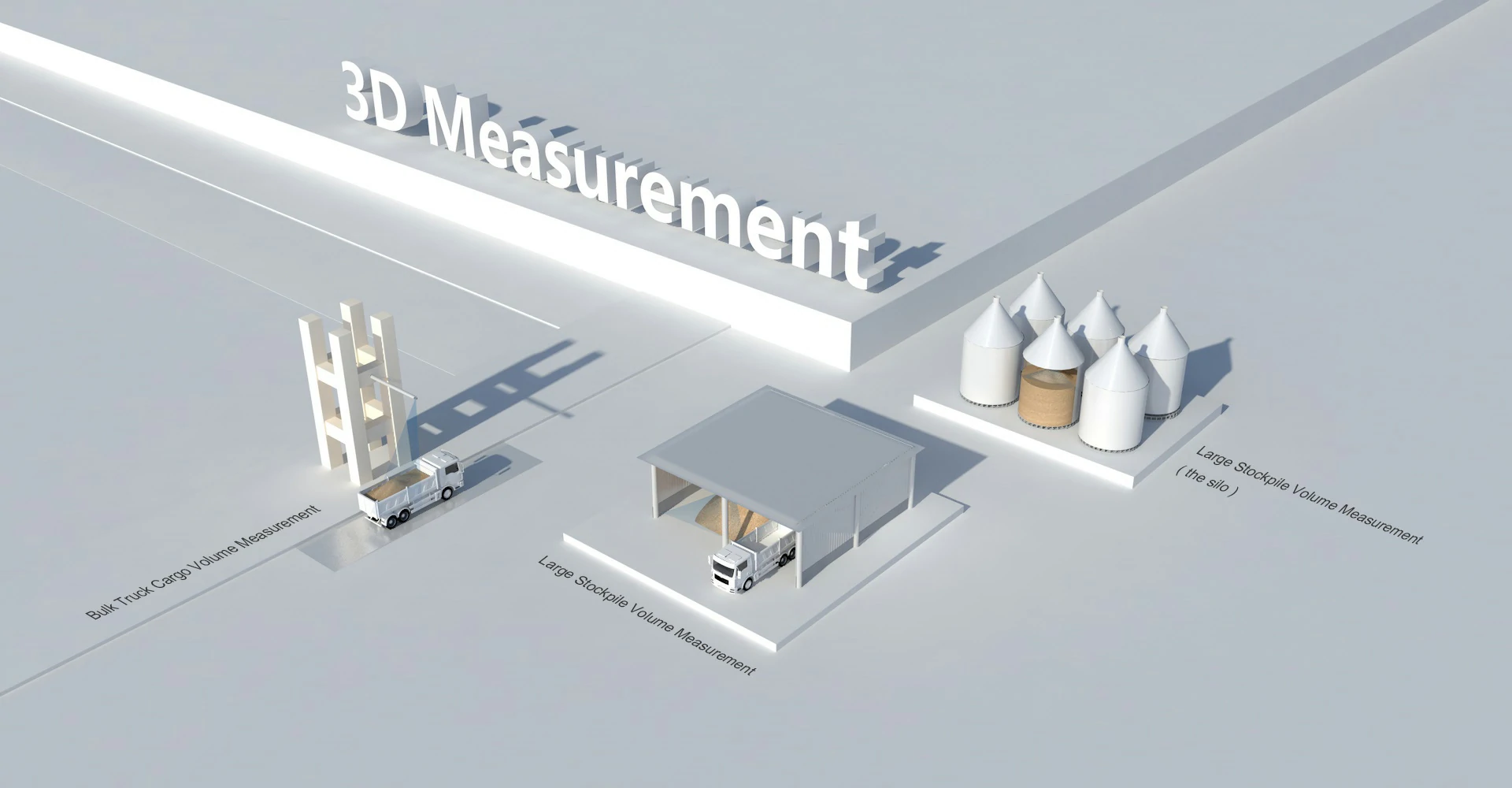
What is LIDAR DETECTOR FOR CAR
A LIDAR detector for cars is a sensor technology that uses light detection and ranging to measure distances and create detailed maps of the surrounding environment. This advanced system emits laser pulses and measures the time it takes for the light to bounce back, allowing the car to accurately detect objects, pedestrians, and other vehicles on the road. The data collected by the LIDAR detector helps autonomous vehicles navigate safely and make real-time decisions to avoid collisions. Overall, a LIDAR detector for cars plays a crucial role in enhancing the safety and efficiency of self-driving vehicles.
The Main Technology in LIDAR DETECTOR FOR CAR
The main technology in a LIDAR detector for cars is Light Detection and Ranging (LIDAR) technology. This advanced system uses laser pulses to measure distances to objects and create detailed 3D maps of the surrounding environment. LIDAR detectors for cars are crucial for autonomous driving systems as they provide accurate and real-time data on the vehicle's surroundings, helping it navigate safely and avoid obstacles. By utilizing LIDAR technology, cars can detect other vehicles, pedestrians, and road signs with high precision, enhancing overall safety on the road.


Applications of LIDAR DETECTOR FOR CAR
LIDAR detectors for cars have revolutionized the automotive industry by providing advanced sensing capabilities for autonomous driving systems. These detectors use laser beams to accurately measure distances and create detailed 3D maps of the surrounding environment, allowing vehicles to navigate safely and avoid obstacles in real-time. The applications of LIDAR detectors for cars include adaptive cruise control, lane-keeping assistance, pedestrian detection, and collision avoidance. By integrating LIDAR technology into vehicles, manufacturers can enhance safety, improve efficiency, and pave the way for fully autonomous driving in the future.
Benefits of LIDAR DETECTOR FOR CAR
Lidar detectors for cars offer a range of benefits that enhance safety and efficiency on the road. By using laser technology to accurately measure distances and detect obstacles, lidar detectors provide real-time data that helps vehicles navigate complex environments with precision. This advanced technology enables features such as adaptive cruise control, collision avoidance systems, and autonomous driving capabilities, ultimately reducing the risk of accidents and improving overall road safety. Additionally, lidar detectors can enhance the accuracy of mapping and navigation systems, making it easier for drivers to reach their destinations efficiently. Overall, the integration of lidar detectors in cars brings numerous advantages that contribute to a safer and more efficient driving experience.

LiDAR in Construction Monitoring
Neuvition's Titan series LiDAR sensors offer high-precision 3D scanning capabilities
ideal for construction site monitoring. The Titan M1 series, with its long-range and
high-resolution features, can capture detailed site data for accurate progress tracking
and volumetric measurements.
Neuvition LiDAR Products Overview

Titan S2
Specialized for specific industrial uses.
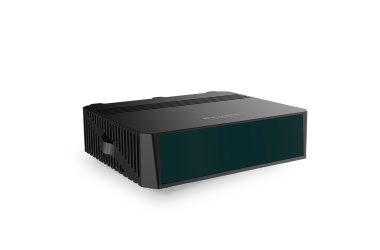
NeuX1
Next-generation LiDAR technology with enhanced capabilities.
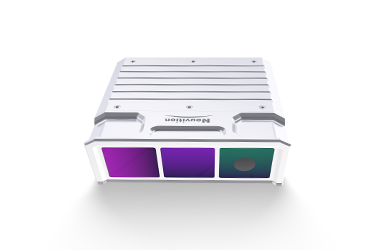
Titan M1 Series
Long-range, high-resolution LiDAR sensors for various applications.

Titan W1
Designed for wide-angle scanning in challenging environments.
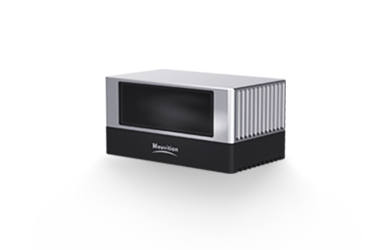
Titan P1
Compact and versatile for mobile and robotics applications.
Neuvition LiDAR Products Overview
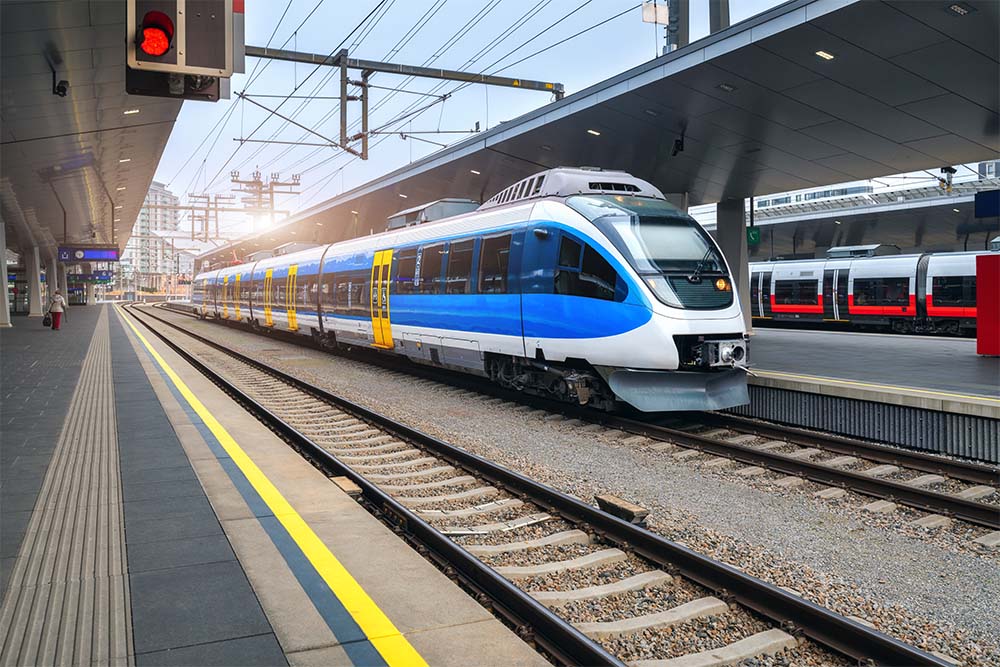
Railway Collision Avoidance
Enhancing safety in rail transportation.
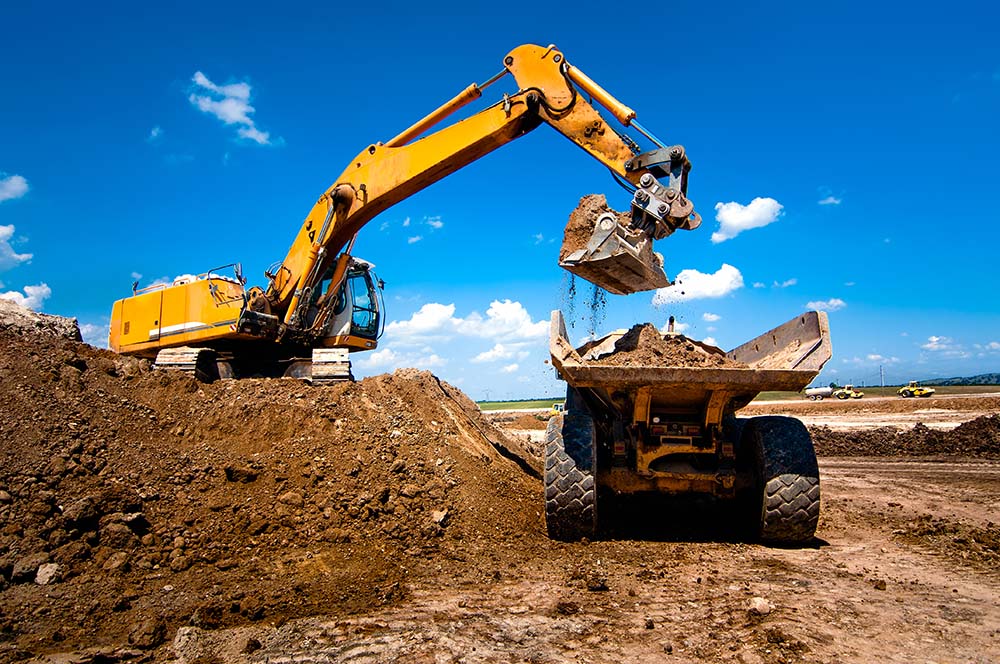
Volume Measurement
Accurate 3D volume calculations for industries like mining and construction.
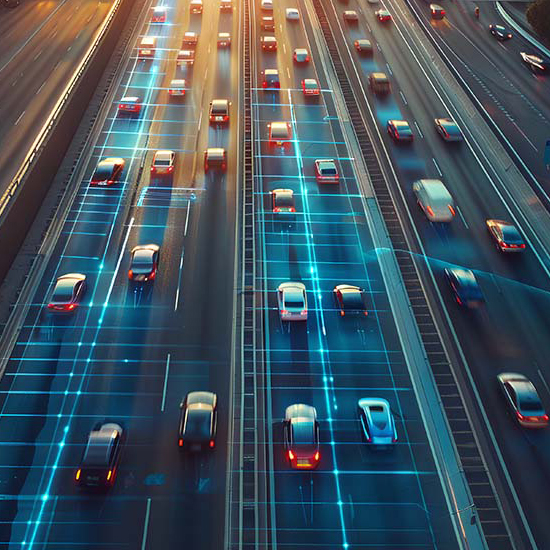
Smart Highway
Improving road safety and traffic management.
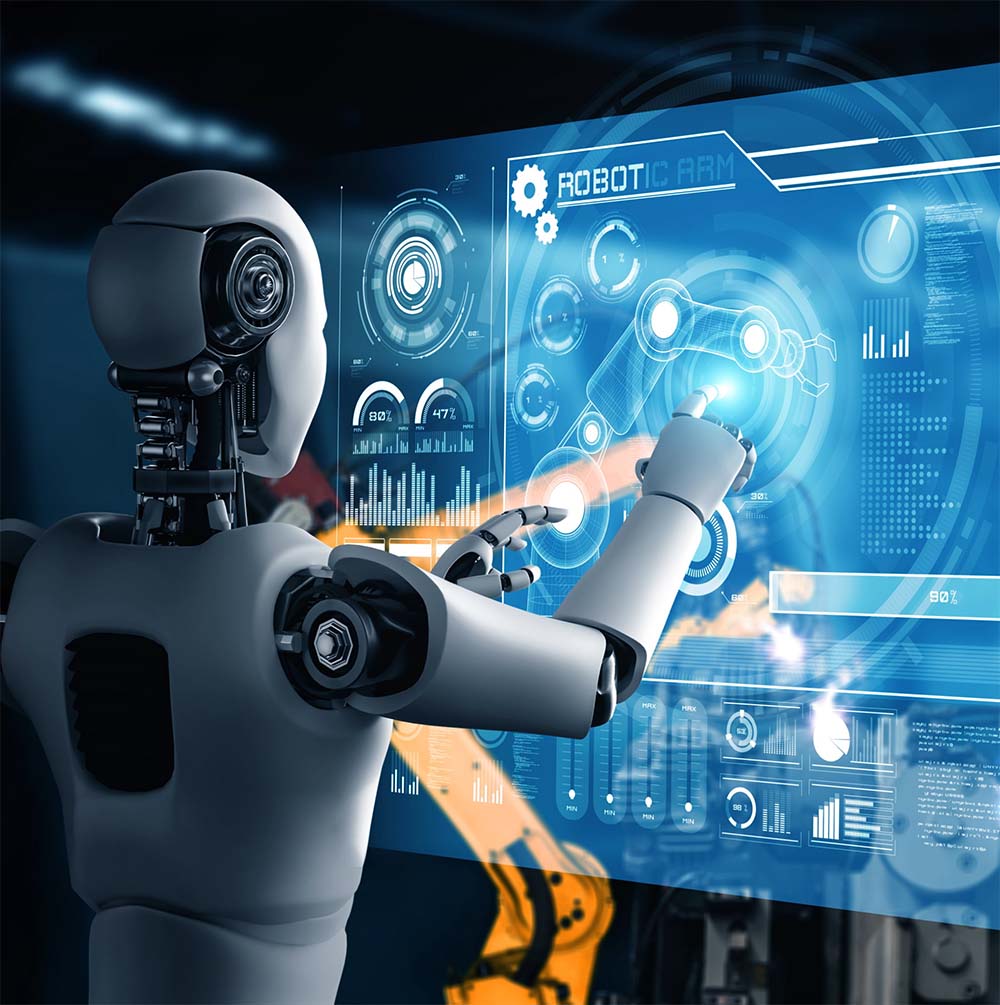
Robotics
Enabling precise navigation and object detection for autonomous robots.
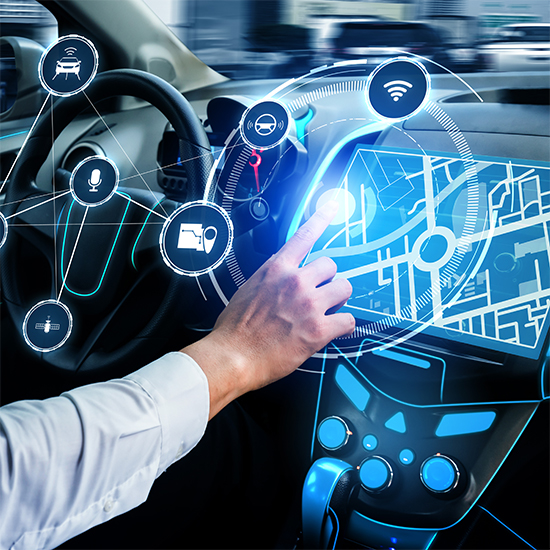
Autonomous Driving
Advanced sensing for self-driving vehicles.
Application Areas of LiDAR
Benefits of Using LiDAR

High accuracy and
precision in 3D mapping

Real-time data
collection and processing

Ability to penetrate vegetation
and capture ground topography

Efficient large-scale
surveying and mapping

Enhanced safety in
autonomous systems

Improved decision-making
with detailed spatial information
Software Solutions for LiDAR
Neuvition provides software solutions to complement its hardware, including point cloud processing and analysis
tools, real-time visualization software, a data integration platform for enterprise applications, and customized
algorithms tailored to specific industry needs.

Success Stories
MetroInnovate Urban Solutions improved traffic flow by 15% after implementing Neuvition's Smart Highway system. Emily Parker, the Director of Smart City Development, played a key role in deploying this system to enhance urban traffic management and reduce congestion.

BuildMaster Construction reduced project timelines by 20% using Neuvition's LiDAR-based site monitoring solution. Michael Thompson, the COO, led the adoption of this technology, focusing on improving efficiency and project management.

DeepCore Mining increased excavation efficiency by 25% with Neuvition's volume measurement solution. Robert Lin, the Head of Operations, was instrumental in integrating this technology to optimize resource extraction and operational productivity.

FAQ












Contact Us
If you have any questions or suggestions, please leave a message, we will get in touch with you within 24 hours!
